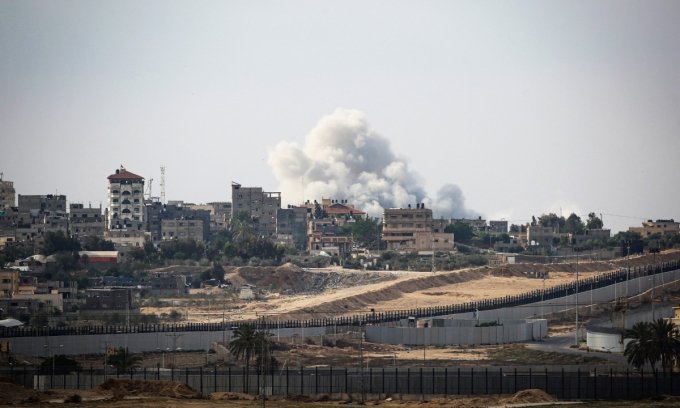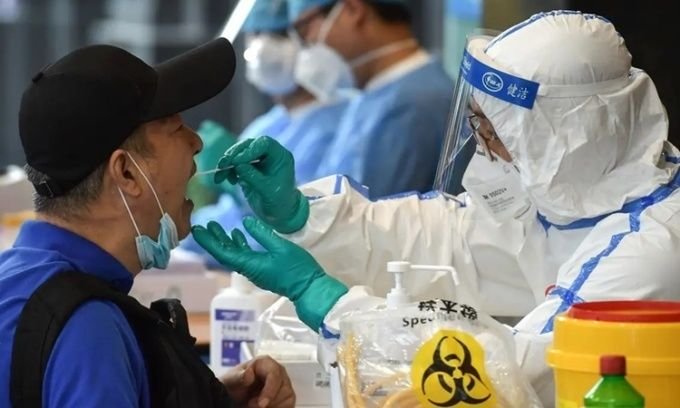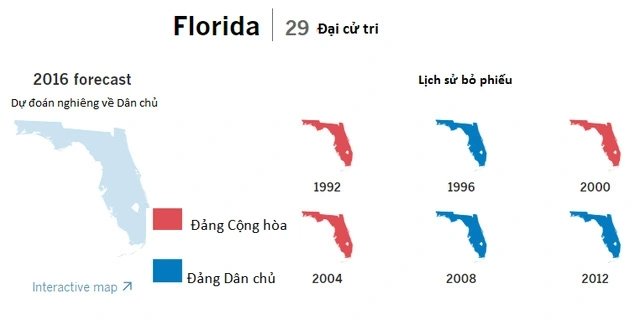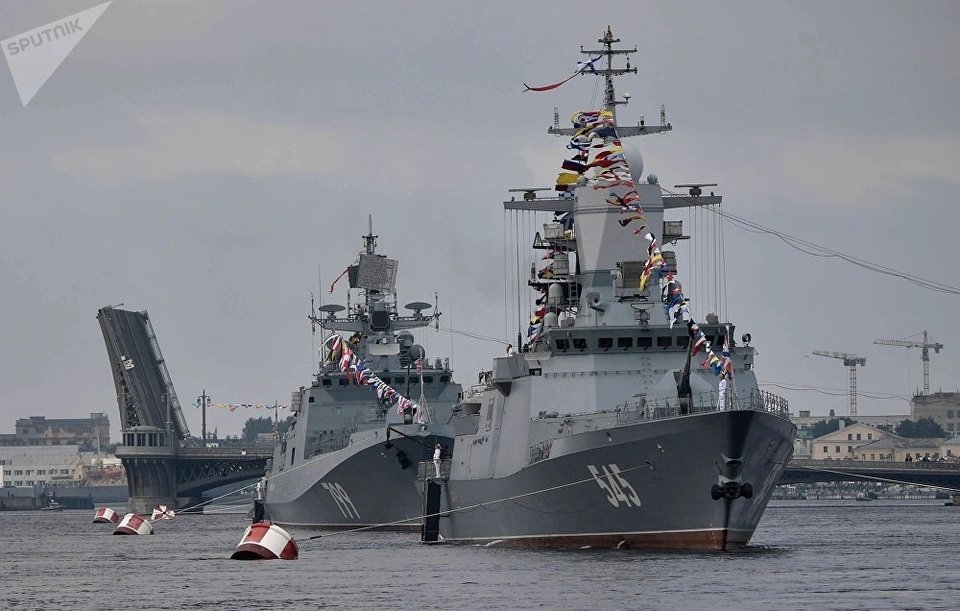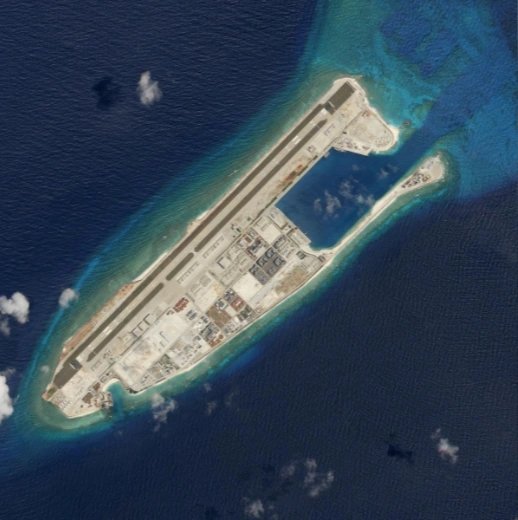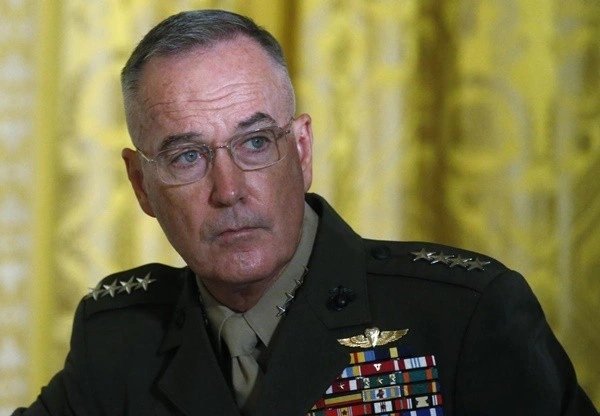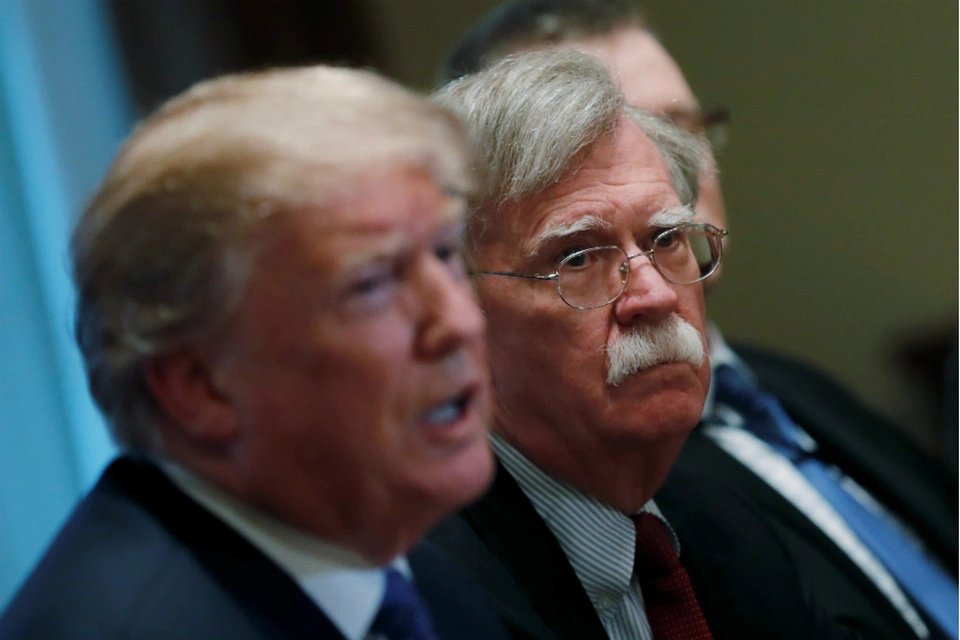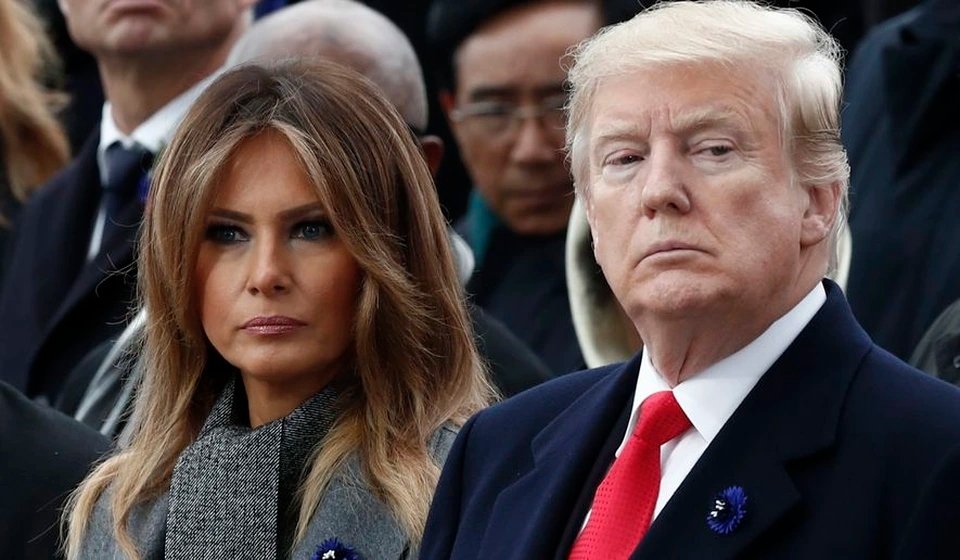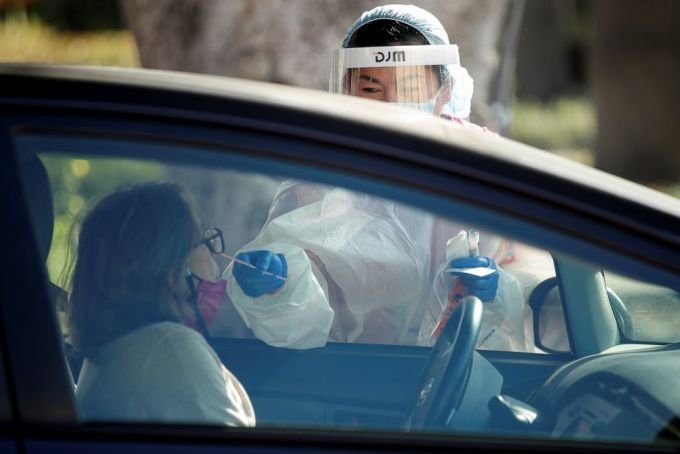
The world recorded 71,334,957 cases of infection and 1,599,323 people died from nCoV, an increase of 680,589 and 12,279 cases in one day, while 49,480,781 people have recovered, according to the real-time update site Worldometers.
Medical staff testing for nCoV in California on December 10.
The US, the largest epidemic region in the world, recorded an additional 223,616 infections and 2,726 deaths in the past 24 hours, bringing the total number of infections to 16,228,024, of which 302,042 people have died.
Local and state governments across the United States have ordered a series of restrictions on socio-economic activities, hoping to reduce the resurgence of Covid-19 after a lull in the summer.
New York City re-imposed a ban on dining inside restaurants from December 14, only allowing dining in outdoor seating areas or takeout.
US President-elect Joe Biden said on his first day in office he would ask Americans to wear masks for 100 days to reduce the spread of the virus.
Brazil, the third largest epidemic area in the world, recorded 636 more deaths from nCoV, bringing the total number of deaths to 180,437.
Intensive care units in many cities are near capacity.
India, the second largest epidemic region in the world, reported an additional 29,039 cases of infection and 396 deaths, bringing the total number of people infected and dead from Covid-19 to 9,826,031 and 142,618 respectively.
The capital New Delhi is going through the worst phase of the pandemic, with many hospitals falling into overload.
Indian Prime Minister Narendra Modi said in October that the government is ready to vaccinate every citizen as soon as the vaccine is ready.
The UK reported an additional 21,672 cases and 424 deaths, bringing cases and deaths to 1,809,455 and 63,506 respectively.
From December 14, the UK will cut the self-isolation period from 14 to 10 days for people coming from abroad and those in contact with positive cases of nCoV.
Britain began receiving the first doses of the Pfizer – BioNTech vaccine from December 8.
Germany recorded 28,344 new infections and 587 new deaths, bringing the total to 1,298,776 and 21,820 respectively.
In a speech to parliament on December 9, Prime Minister Angela Merkel asked Germany to impose tougher measures when deaths in one day were at a record high.
Merkel mentioned that scientists from the Leopoldina Academy on December 8 recommended that Germans reduce social contact from next week and impose strict restrictions from Christmas Eve to January 10.
Russia, the world’s fourth largest epidemic region, recorded an additional 28,585 cases of nCoV infection and 613 deaths within 24 hours, bringing the total to 2,597,711 and 45,893 respectively.
The Kremlin said on December 11 that although the number of deaths is increasing, officials have no plans to re-impose a nationwide blockade but instead choose regional restrictions.
Moscow from early December began vaccinating people in high-risk groups with the Sputnik V vaccine, including medical staff and teachers.
Iran, one of the largest epidemic areas in the Middle East, reported 51,727 deaths, an increase of 232, out of a total of 1,092,407 infections, an increase of 9,384.
Iran’s Deputy Health Minister Alireza Raisi said the public’s compliance with epidemic prevention measures has increased to 90%.
South Korea is facing the third wave of Covid-19 as new daily infections continue to increase sharply.
The Korean government on December 6 decided to impose stricter social distancing rules in the capital Seoul and surrounding areas.
The South Korean government earlier this month imposed stricter social distancing rules in the capital Seoul and surrounding areas.
In Southeast Asia, Indonesia is the largest epidemic area in the region with 605,243 cases, an increase of 6,310, of which 18,511 people died, an increase of 175.
Government data shows that Indonesia has ordered 155.5 million vaccine doses and is looking to buy an additional 116 million doses from Pfizer, AstraZeneca and the COVAX program.
The Philippines reported 447,039 infections and 8,709 deaths, an increase of 1,504 and 8 cases respectively, making it the second largest epidemic in the region.
The Philippines is one of the places that celebrates Christmas the longest in the world, starting in September. Crowds of people flock to large commercial and shopping centers despite the complicated developments of Covid-19 in the Eastern country.
The Philippine government has banned Christmas parties, family gatherings and outdoor caroling.
WHO Director-General Tedros Adhanom Ghebreyesus urged people to think carefully about their plans for the upcoming Christmas.
`As you celebrate in the coming weeks, please consider planning carefully. If you live in a high-risk area, take every precaution to keep yourself and those around you safe.`

